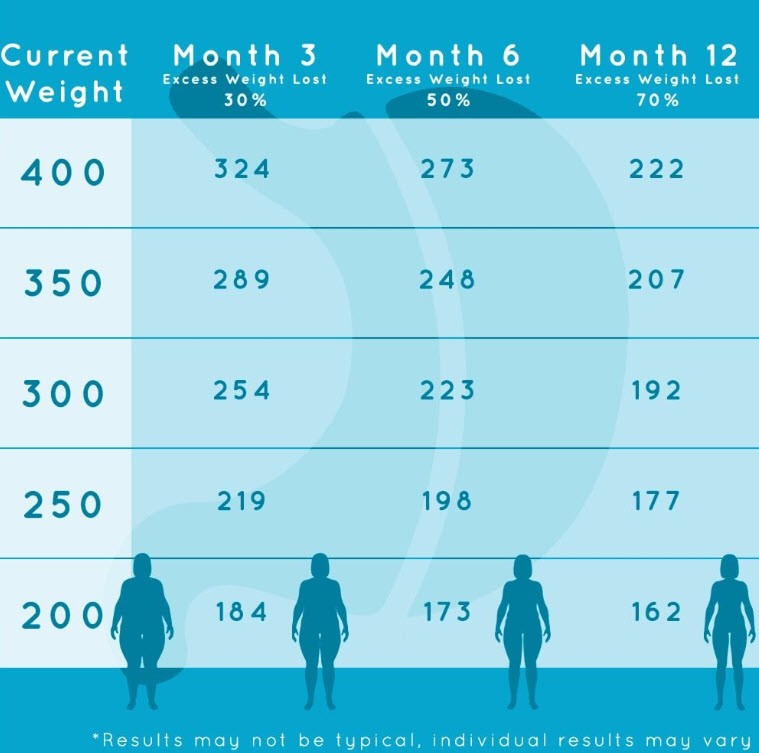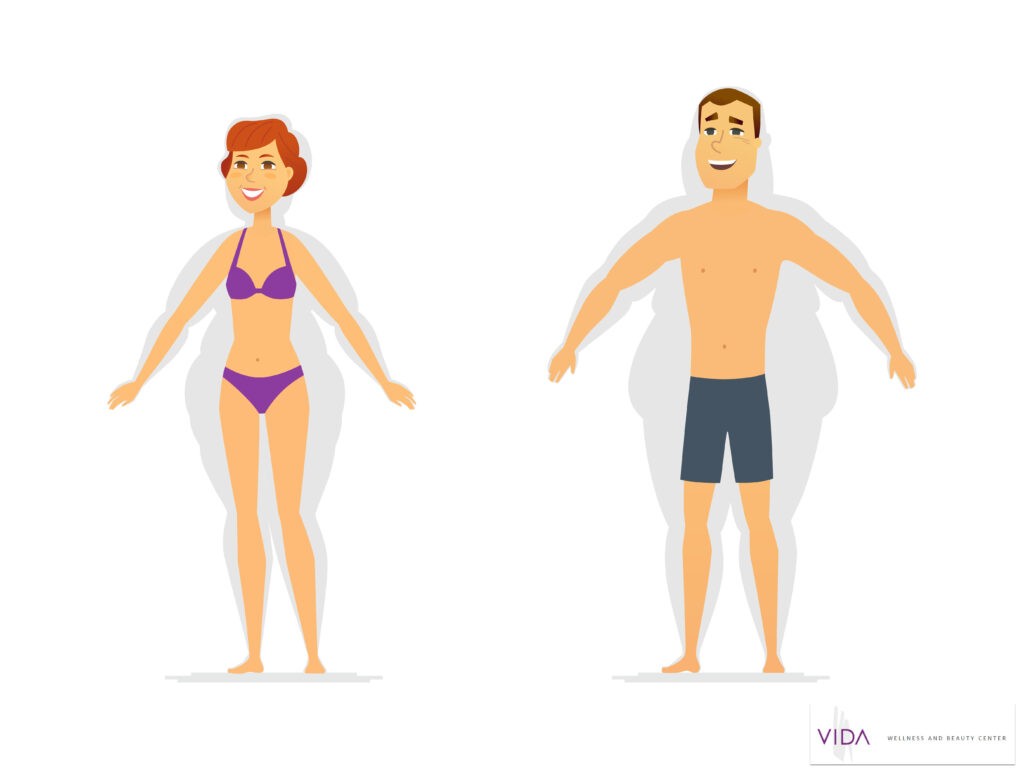The First 30 Days After Weight Loss (Bariatric) Surgery
Weight loss surgery is one of the most commonly practiced treatments for both cosmetic and health reasons. Obesity is a major global pandemic, becoming a burden for the health systems due to all the diseases associated to obesity.
Here at VIDA Bariatrics, we believe that you look beautiful as you are. Still, we fully understand and appreciate the reasons why you’d want weight loss surgery, and can complete the appropriate transformations safely and effectively.
Undergoing weight loss surgery brings drastic changes that your body must acclimatize to. This is especially true during the recovery phases, which is why the first 30 days post-weight loss surgery are so crucial. Here’s what to expect from them.
Getting Used to Your New Body
While the benefits of weight loss surgery will continue to grow over time, the most profound changes are felt in the first month.
In addition, when we consider the pounds you may have shed in the weeks leading up to the surgery as a result of quitting caffeine, for example, your body may feel significantly different. Some of the most noticeable changes include;
- Your breathing feels different,
- Moving your arms and legs feels easier,
- You can stand taller,
- Aches and pains are reduced or eliminated,
- Your balance feels slightly different.
Despite all of these results being positive in the long haul, the initial transition may cause a little stress. Depending on your specific situation, you could become very aware of the procedure you just had. Once again, though, this conscious change will fade within a matter of days.
Dietary Changes
Perhaps the biggest lifestyle change following weight loss surgery relates to your diet. It is particularly harsh in the first 40 days as you’ll be required to adopt a liquid-only diet before slowly pogresing to solid foods.
Even in the middle of a weight-loss journey, your body needs enough calories and nutrients to survive. This is key for maintaining muscle mass, healthy organs, and a productive mind. Naturally, though, the liquid only diet does make this difficult. Consequently, you must respect the following measures;
- Keep up with liquids intake at least 48 to 64 oz a day to maintain hydration.
- While adopting a liquid-only diet, you will only be able to consume 1-2oz of liquid at a time. Therefore, you’ll need to eat and drink small amounts at regular intervals.
- Protein shakes are probably the best way to maintain muscle mass.
- Smoothies are an ideal way to get more nutrients and can include the addition of various supplements to gain the right nutrients.
- Although you want to get enough calories to sustain your health, you still need to employ a low-calorie diet in order to lose weight.


The introduction of soft foods can in the 2nd to 3rd week after surgery, and usually includes yogurts, soups, gelatin, and similar foods. Although you need to be careful with the calorie content of these foods.
While you will eventually enjoy harder foods (in smaller portions) again, the soft food diet is likely to stretch far beyond the 30-day mark. For this reason, preparing yourself prior to your surgery for these dietary changes is a very important factor.
Lifestyle Changes
Modified diets aren’t the only significant impact on your life. Several short-term impacts are inevitable, which is why you must prepare for those too. The key issues are:
Physical activity
After the initial 48 hour rest, you will naturally want to start moving and exercising. However, you must avoid hitting the gym for high-intensity workouts. For the first 30 days, you must stick to light and low-impact exercises such as swimming and walking. Weightlifting and contact sports will also need to be postponed a little longer.


Medications
Given the liquid-only diet, it’s no surprise to learn that some medicines need to be taken in different ways. Suppositories, liquid form medicines, and topicals that are applied to the skin are all good alternatives. Specialized medicines that block acid build-up may be prescribed too.
Bariatric surgery additionally alters the way certain drugs are absorbed by the body. Meanwhile, drugs that contain instant-release properties are deemed better than slow-release options. Your doctor can explain in full detail.
Pre-existing conditions
Weight loss surgery isn’t all about dropping pounds. Many patients want to overcome diabetes, blood pressure problems, and other issues. Throughout the first 30 days, it is particularly important that you monitor blood sugar levels. This allows you to stop medications at the right time.
Side effects
When putting your body through a major transition, you can always expect side effects. After weight loss surgery, the most common issues are constipation and vomiting. While these are usually nothing to worry about, you must call a doctor if you are worried.
Wound infections are another potential problem. Fever-like symptoms, physical pain, and discharge are all signs that you should seek medical support. Meanwhile, feeling faint could be a sign of internal bleeding. Do note that these complications are very, very rare but it’s still crucial that all patients be aware of them.
Weight Loss Expectations
Despite the fact that the above-mentioned life changes are drastic, the weight loss journey is a long-term solution rather than a quick fix. If you’re expecting to see a complete transformation within 30 days, you may be left a little disappointed. In fact, most people can expect to see a loss of 5-15lbs at this time.
This is because weight loss via bariatric surgery is built to bring gradual but sustainable results. It focuses on changing your lifestyle by physically reducing your stomach capacity. To put things in perspective: 1lb of fat is equivalent to 3,500 calories. Given that you still need to consume enough calories to stay healthy, the concept of losing a few pounds each month suddenly makes sense.
After the First 30 Days
Weight loss surgery is a life-changing procedure, but it requires an ongoing commitment. Your diet, exercise routines, and general lifestyle habits will gradually evolve. However, establishing a new ‘normal’ is the only way to achieve sustained results.
If you fall back into your old habits, you’ll eventually return to your former weight. Conversely, though, when you make the right food choices and maintain proper portion sizes, you can lose more than 50% of your excess body weight (Learn more about body lift surgeries).. Optimal results usually won’t show for 8 – 12 months, which is more than enough incentive to maintain winning habits long after the first 30 days.
The full extent of potential changes is heavily influenced by your weight and metrics prior to surgery, as well as the type of weight-loss treatment you undergo.
To find out more about the best weight loss surgery for you, call VIDA Bariatrics now at 1 (619)738-2144 (toll-free) to arrange a free video consultation with a board-certified bariatric surgeon.